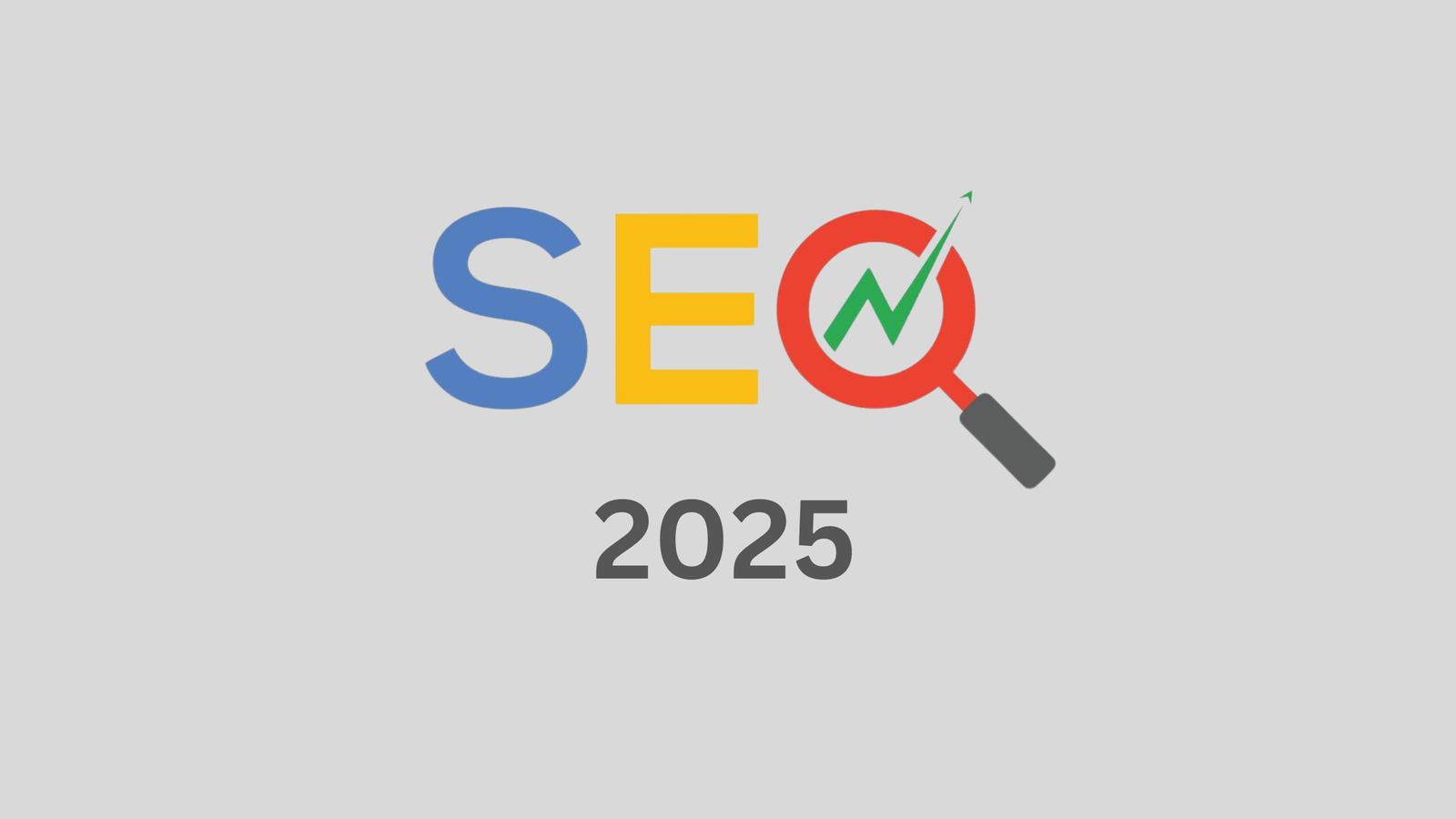The Evolution of SEO in the Age of AI: What Marketers Need to Know in 2025
Search Engine Optimization (SEO) has been a cornerstone of digital marketing for decades, helping businesses improve their online visibility and attract organic traffic. However, the advent of Artificial Intelligence (AI) is reshaping the SEO landscape, introducing new challenges and opportunities for marketers. To stay competitive, it's essential to understand how AI is influencing SEO strategies and what this means for the future of digital marketing.
The Foundations of SEO: Then and Now
SEO has evolved significantly since its inception in the late 1990s. Early strategies focused on simple keyword stuffing, meta tags, and backlink building. As search engines became more sophisticated, they began emphasizing user intent, content relevance, and overall site quality.
Today, SEO is driven by advanced algorithms that consider hundreds of ranking factors, from mobile-friendliness and page speed to semantic search and user engagement. While these changes have made SEO more complex, they have also opened the door for AI-driven technologies to optimize and streamline many aspects of the process.
How AI is Transforming SEO
AI is playing an increasingly central role in SEO, redefining how marketers approach content creation, optimization, and performance analysis. Here’s how:
1. Content Creation and Optimization
AI-powered tools like ChatGPT can generate high-quality, relevant, and engaging content at scale. These tools analyze user behavior and preferences, helping marketers craft content that aligns with search intent and delivers value.
2. Voice Search Optimization
With the rise of virtual assistants like Siri, Alexa, and Google Assistant, voice search has become a significant trend. AI-driven Natural Language Processing (NLP) enables search engines to interpret conversational queries, prompting marketers to focus on long-tail keywords and question-based phrases.
3. Semantic Search and User Intent
Search engines like Google now use AI to understand the context behind queries, not just the keywords. This shift toward semantic search prioritizes content that answers user questions comprehensively, making topical authority more important than ever.
4. Improved Personalization
AI allows search engines to tailor results based on individual user behavior, location, and preferences. This means that generic SEO strategies are losing ground to highly personalized content that resonates with specific audience segments.
5. Advanced Data Analysis
AI-driven analytics tools provide deeper insights into website performance, audience behavior, and content effectiveness. Marketers can use this data to refine their strategies, optimize user experiences, and identify new opportunities.
Key Trends Marketers Should Watch 1. AI-Powered Search Engines
Search engines are integrating AI to enhance their algorithms. For instance, Google’s RankBrain and BERT updates use AI to process natural language and deliver more relevant results.
2. Video and Visual Search
AI tools are improving the accuracy of visual and video search, enabling users to find content through images or video snippets. Optimizing multimedia content with relevant tags and descriptions will be crucial.
3. Chatbots and Conversational AI
AI-driven chatbots are enhancing user engagement by providing instant responses to queries. These tools can improve dwell time and reduce bounce rates, factors that positively influence SEO rankings.
4. Predictive Analytics
AI can predict future search trends and user behavior, enabling marketers to stay ahead of the curve. This allows for proactive content planning and optimization.
Adapting Your SEO Strategy for the AI Era
To succeed in the age of AI, marketers must adapt their SEO strategies to align with these technological advancements. Here’s how:
- Focus on Quality Content: Invest in creating in-depth, valuable content that answers user questions and establishes your brand as an authority.
- Optimize for Voice Search: Use conversational language and long-tail keywords to cater to voice-based queries.
- Leverage AI Tools: Integrate AI-powered platforms like ChatGPT for content creation, keyword research, and analytics.
- Prioritize User Experience (UX): Ensure your website is fast, mobile-friendly, and easy to navigate. AI tools can help identify and fix UX issues.
- Embrace Semantic Search: Create content clusters around specific topics to boost your site's topical relevance.
- Utilize Data Analytics: Use AI-driven insights to continuously refine your strategies based on performance metrics.
The Future of SEO: A Synergy with AI
While AI is reshaping the SEO landscape, it is not rendering traditional practices obsolete. Instead, it is creating a more dynamic and sophisticated environment where technology and human creativity work hand in hand. Marketers who embrace AI and adapt their strategies will find themselves well-positioned to thrive in this new era of digital marketing.
Final Thoughts
The evolution of SEO in the age of AI is a testament to the ever-changing nature of digital marketing. By understanding AI’s impact and staying ahead of emerging trends, marketers can continue to harness SEO’s power to drive organic traffic and achieve their business goals. The future of SEO is not about extinction but adaptation, making it an exciting time to innovate and grow.
.svg)
.svg)

 For Instructor
For Instructor
